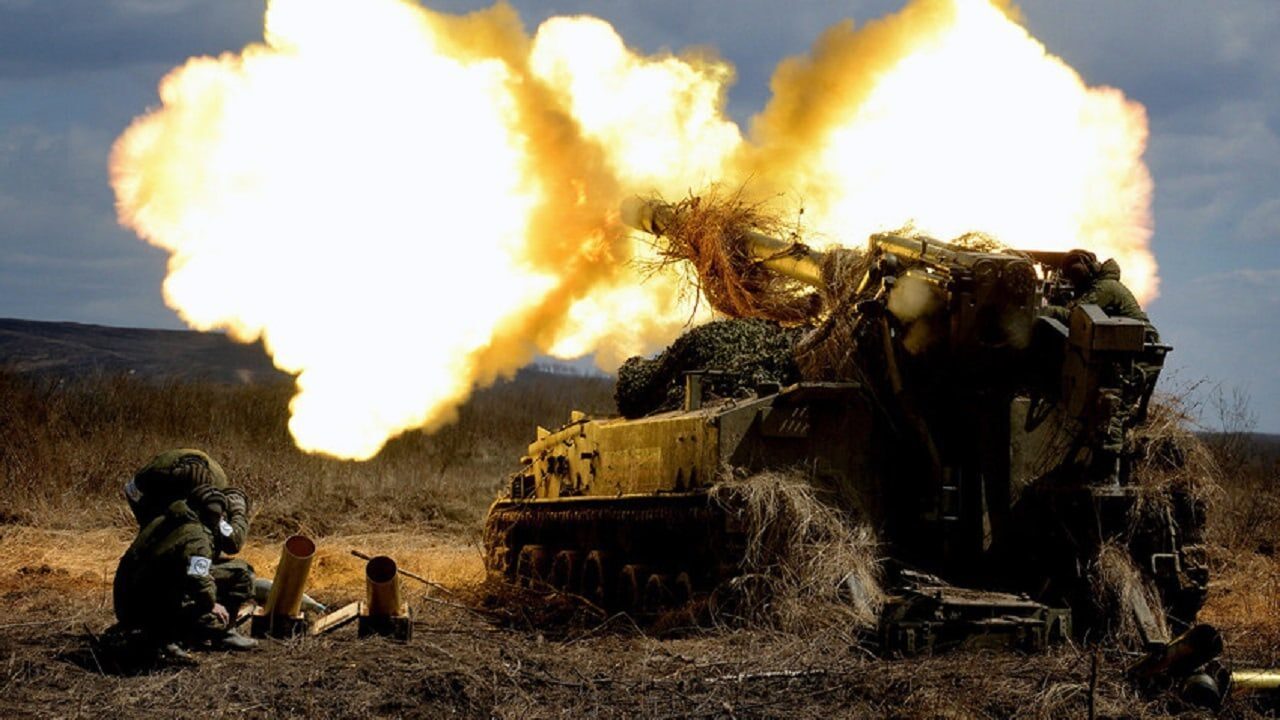Russian President Vladimir Putin made a desperate move on Wednesday, calling up 300,000 reservists and enacting draconian laws for members of the military. And by all accounts, it did not have the desired effect and may actually be backfiring on him.
With the war in Ukraine going badly for Russia’s military, Putin tried to evoke nationalism among the Russian people, similar to what Stalin did in World War II, now painting a picture of his “special military operation” as one of an existential threat against Russia’s motherland. Long gone are the calls for de-Nazifying and demilitarizing Ukraine. His ploy has seemed to fail.
Ordinary Russians weren’t buying his message that Russia was being attacked by the West. Russian men of military age began voting with their feet to his call to defend the motherland. One-way tickets for flights out of Russia were quickly sold out, sending the cost of a ticket skyrocketing out of control, with tickets to Dubai rising to $5,000 and later to over $9,100.
Worse still, protests against the war and the reserve call-ups erupted in 38 Russian cities, resulting in nearly 1,500 detentions. One monitoring group, OVD-Info, said that many of those detained were served with a notice to appear for conscription.
Low Morale Among Military Reaches Critical Point
Putin conducted the first callup of reserves since World War II, and Russian lawmakers enacted new laws determining that “voluntary surrender” would become a crime for Russian military personnel, punishable by 10 years in prison.
As part of the new laws, additions were made concerning mutiny, “using violence against a superior,” and stealing while in uniform. It paints a picture of a military that is in a crisis situation both in the field and within the ranks, as morale plummets.
Valery Gerasimov, the Russian Chief of the General Staff, had supposedly modernized the Russian Army to become what would be equal to that of the West. But the plan to invade Ukraine was rife with overconfidence and flat-out blunders. The training and professionalism of the revamped Russian military NCO corps were vastly overrated. The top-down leadership of the Russians, in place since the earliest days of the Soviet Union, was an albatross for junior leaders and tactical units.
Troops weren’t properly trained, equipped, or led. Most of the Russian troops who invaded Ukraine were told that the Ukrainian people would welcome them with open arms. They invaded with an army of 200,000 troops, which is no small number. But the Ukrainians have been preparing for an invasion for some time. They had the advantage of knowing the terrain, the people, and the likely areas to defend. In the opening hours of the war, the Russian attack on the Hostomel Airfield was a disaster. Several aircraft carrying Russian paratroopers were shot out of the sky before they could allow the airborne forces to deploy. The air assault attack with helicopters fared badly as well.
Russia’s “modernization” did not address the needs of a military that is practically incapable of supporting an invasion logistically. But as Russia’s doctrine spells out, attacks against civilian infrastructure have been ongoing since the beginning of hostilities. In a ludicrous lie, Moscow has constantly stated that the Russian military does not attack civilian targets, and yet this strategy is clearly written in its doctrine.
Putin’s Allies Are Growing Impatient
Much was made of Putin playing the waiting game for the West to lose its will to continue with support for Ukraine. But at this point, the West’s support has been resolute with continued shipments of weapons, supplies, and intelligence pouring into the embattled nation.
But now, it isn’t the West who is suffering from “Ukraine Fatigue” but Putin’s allies. China and India are growing impatient because the economic sanctions levied against Russia are also affecting them.
At a recent summit meeting in Uzbekistan, Putin was rebuked by Indian Prime Minister Narendra Modi, who told him that “today’s era is not an era of war.” Putin admitted that Chinese leader Xi Jinping had “questions and concerns” as the sanctions were hurting the faltering Chinese economy.
Perhaps the biggest rebuke came from Turkish President Recep Tayyip Erdogan. The Turkish and Russian leaders have had a “complicated relationship” (as many Facebook users will recognize). They’ve had close cooperation on some issues and very contentious issues on others.
Erdogan said to PBS after the summit meeting that he urged Putin to end the war and return all occupied areas to Ukraine.

Russian President Putin. Image Credit: Russian Government.
“The lands which were invaded will be returned to Ukraine.” He added that those lands should include Crimea, which Russia annexed in 2014. Crimea was incorporated into Russia after a sham referendum, much like the ones he’s preparing to conduct now.
Putin’s war in Ukraine is failing, and his bluster in his comments hides the fact that he’s being increasingly backed into a corner with no place to go.
Expert Biography: Steve Balestrieri is a 1945 National Security Columnist. A proven military analyst, he served as a US Army Special Forces NCO and Warrant Officer in the 7th Special Forces Group. In addition to writing for 19fortyfive.com and other military news organizations, he has covered the NFL for PatsFans.com for over 11 years. His work was regularly featured in the Millbury-Sutton Chronicle and Grafton News newspapers in Massachusetts.

